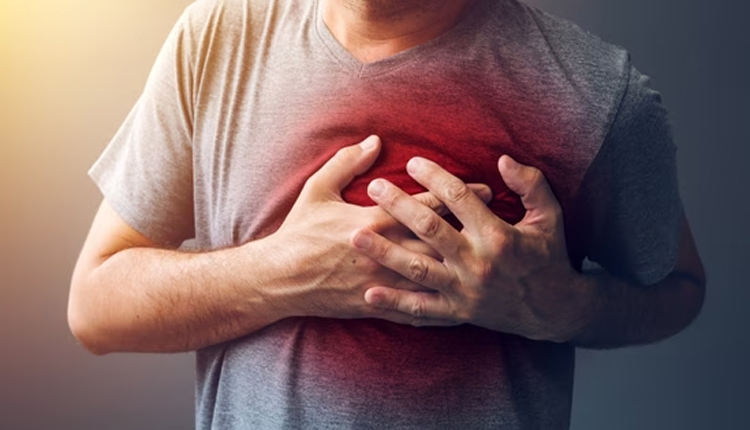London: A recent study published in the journals Atherosclerosis Thrombosis and Vascular Biology has uncovered a significant increase in the risk of stroke among individuals who tested positive for COVID-19 in 2020. The research involved over 11,000 participants whose medical records were analysed from the UK Biobank, a comprehensive database containing the medical histories of approximately 2.5 million individuals.
The study focused on individuals who had a laboratory-confirmed COVID-19 infection in 2020 and compared their long-term cardiovascular health with those who did not test positive for the virus during the same period. Among the COVID-19 positive group, over 3,000 individuals were hospitalised due to severe infections.
Findings indicate that individuals who contracted COVID-19 in 2020 had double the risk of experiencing major cardiovascular events such as heart attacks, strokes, or even mortality over the subsequent three years compared to those who did not have COVID-19. The risk was even more pronounced for those who required hospitalisation during their infection, with over threefold increased likelihood of severe heart-related incidents compared to their non-infected counterparts.
The research highlights that the heightened risk persists long after recovery from the initial infection, raising concerns about the enduring impact of COVID-19 on heart health. This study is particularly significant as it suggests that the cardiovascular complications associated with COVID-19 can have long-lasting effects, comparable to traditional risk factors like diabetes and peripheral artery disease (PAD).
The underlying mechanisms behind the persistent cardiovascular risks post-COVID-19 remain unclear. While it is well-established that infections can trigger cardiovascular events by causing inflammation and other physiological stress, the specific reasons why COVID-19 continues to affect heart function years after recovery are still being investigated.
The study underscores the importance of ongoing cardiovascular monitoring and preventive measures for individuals who have recovered from COVID-19, especially those who experienced severe infections requiring hospitalisation. As the world continues to navigate the aftermath of the pandemic, understanding and mitigating long-term health risks remains a critical public health priority.



Comments are closed.